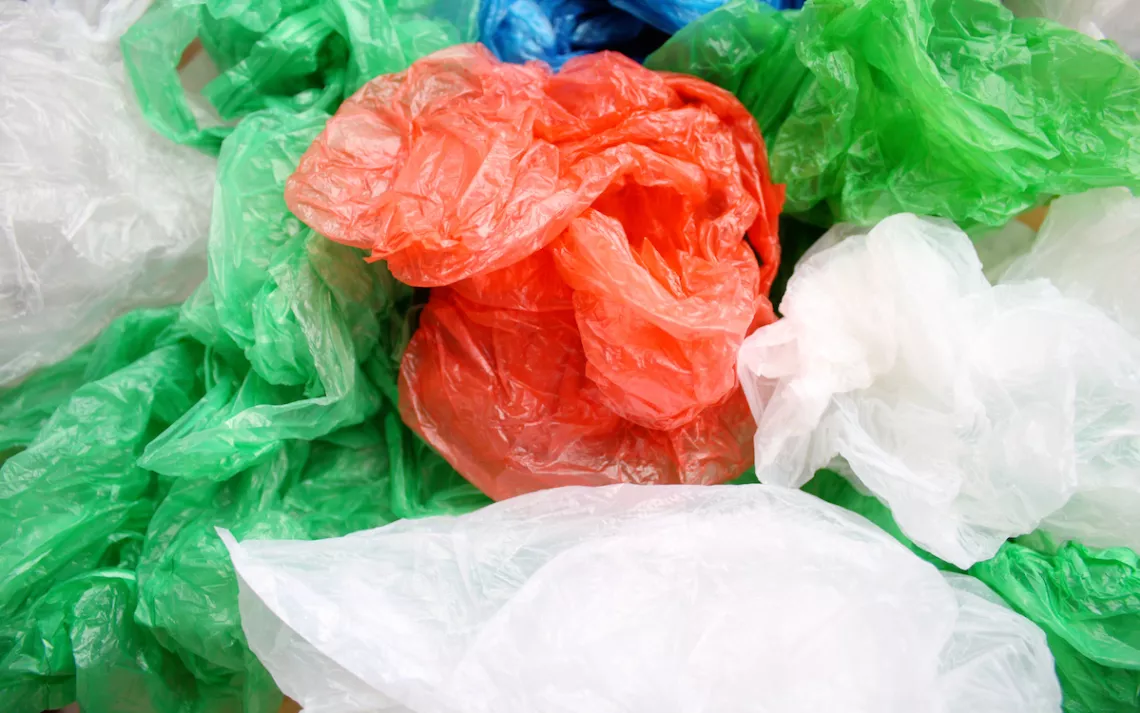How Do I Dispose of Animal Waste Without Plastic Bags?
Mr. Green digs around for the answer

Photo by daizuoxin/iStock
Hey Mr. Green,
I totally support banning plastic grocery bags. I also have several animal family members and am dutiful in cleaning up after them on walks (and in home litter boxes). How to clean up when we no longer have all those plastic bags?
—Diane in Woodland Park, Colorado
While a number of solutions exist for dealing with dog waste, my preferred method is simply picking it up with a pooper scooper, carrying it home, and flushing it down the toilet. However, one should always contact local sewer czars to make sure that this practice is locally permitted. It is not recommended for households with private, nonmunicipal sewer systems, as dog hair could clog the sewer system. But such residences can simply collect the dog residue in a single plastic bag for a spell, then seal it, and place it in the regular garbage, thereby reducing the number of bags required.
Cats are an entirely different matter. Their waste should never be put into sewage systems as it harbors Toxoplasma gondii, which can cause pregnant mothers to pass the disease on to newborns, where it can lead to various health problems, from eye damage to mental retardation. It can also affect adults who have weakened immune systems or are on chemotherapy.
Dirty cat litter should be removed daily and only be placed in trash that is disposed of in a landfill. Cats that are not fed red meat and are kept indoors—as all cats should be—are not likely to become infected.
 The Magazine of The Sierra Club
The Magazine of The Sierra Club



